It is no secret that costs are spiralling at the moment, with people everywhere having to reconsider what they are willing to spend their money on.
The same is true for councils up and down the country…
And the decisions that are made at that level can have serious consequences for different communities.
Aberdeen City Council recently revealed a list of major projects that could be put on hiatus in order to ease the pressure on its finances.
Decisions about the short-term and long-term future of planned work such as the new school at Tillydrone and hundreds of new council homes will be made tomorrow.
Talking about the uncertain timeline for Tillydrone Primary School, the council’s finance convener Alex McLellan said: “The circumstances which we are dealing with are not like anything we have seen for decades.”
So what are those circumstances? And how are they having an impact?
How much is a result of Covid?
Unsurprisingly, the Covid pandemic is the root cause of many of the council’s financial woes – bringing the economy to a near-standstill for months was always going to have a major impact further down the line.
And that’s not to mention the fact that the virus remains prevalent around the country, meaning there are plenty of people still having to stay home from work and suffering from conditions like long Covid.
Among the impacts of the pandemic and lockdown was a collapse in income from car parking charges due to people not travelling away from home as much.
A report prepared for the council says this is recovering, but there’s still a risk the income might not reach the level that is budgeted.
How else has it hurt council finances?
An unexpected large increase in the number of children arriving in Aberdeen is also reported to be a consequence of the pandemic, albeit more tangentially.
There has been a post-Covid bounce in the number of students coming to study at the city’s universities, many of whom have brought school-age children with them.
That, combined with the arrival of a significant number of Ukrainian children, has put pressure on the council’s education services.
Restrictions also meant construction projects such as Union Terrace Gardens missed their targeted completion dates, which inevitably pushed the budget north.
The council report makes clear the risk that the coronavirus may not be done with us, too.
It states: “Almost all restrictions that were in place for the Covid-19 pandemic have now been lifted, (but) the virus continues to circulate, with new variants emerging.
“The council prepared its 2022/23 budget to include known Covid-19 related implications, however there remains the possibility that further costs may arise that were not previously identified.”
What are the other challenges?
The report lists four “external factors” that are posing challenges for the construction industry:
- The pandemic
- Brexit
- The Russia/Ukraine war
- Inflation
Depending on how the industry responds to each of these, more pressure and ballooning budgets may be on the horizon for the council’s projects.
Those four challenges, along with several more minor contributors, have combined to cause shortages of “products, raw materials, staffing and logistical support”.
For example, sanctions on Russia and Belarus resulting from the former’s invasion of Ukraine have disrupted the supply chain for steel and bituminous materials like asphalt.
The rising cost of gas and electricity, meanwhile, “will affect all council services to some degree” according to the report – which forecasts it will be £5.3 million more than the local authority budgeted.
All the risks have combined into a perfect storm “not seen on the same scale for decades”, in the words of the report.
How the council decides to tackle it will be revealed at Wednesday’s meeting.

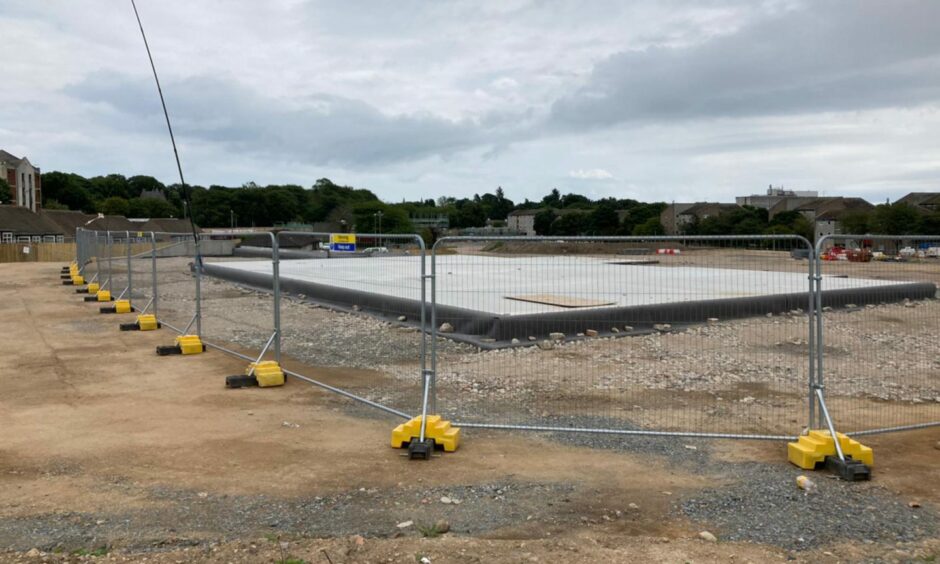
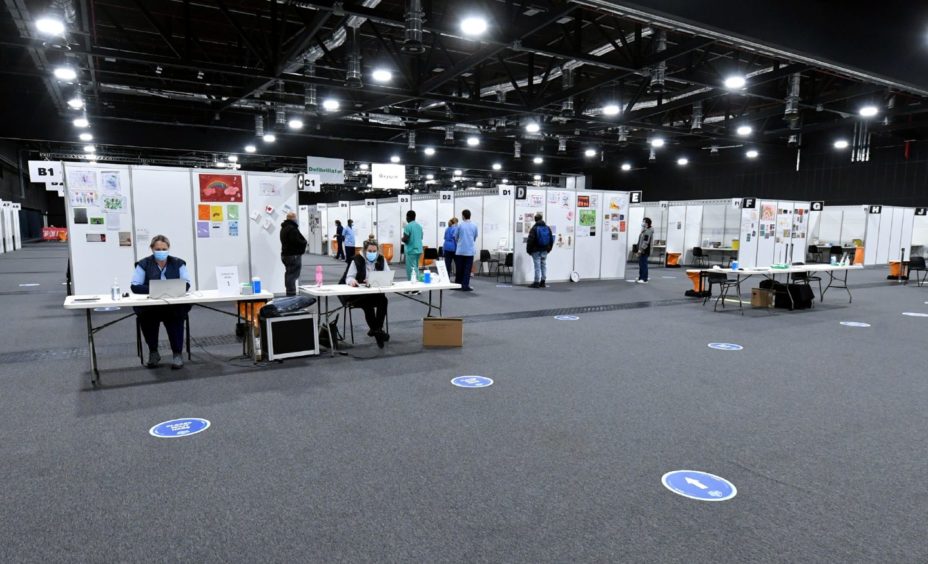
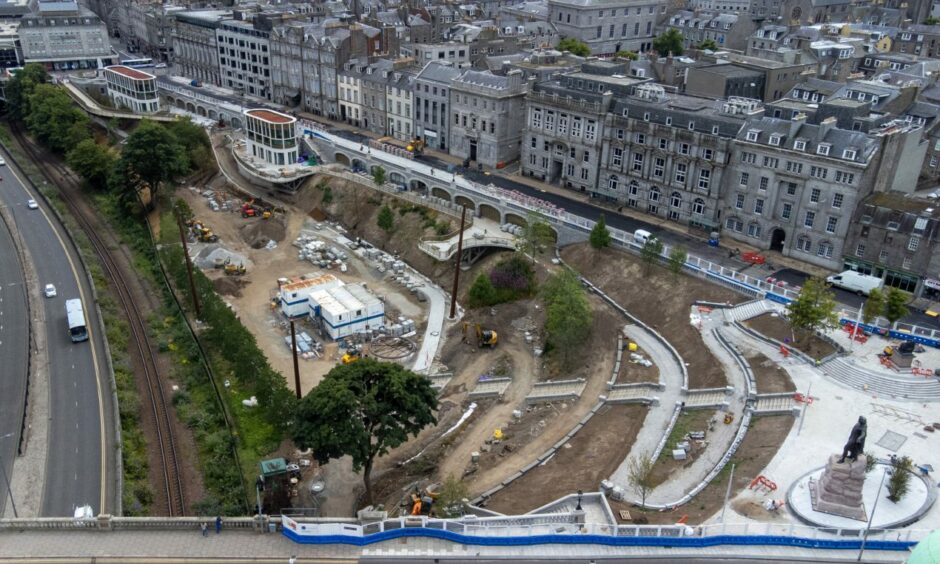
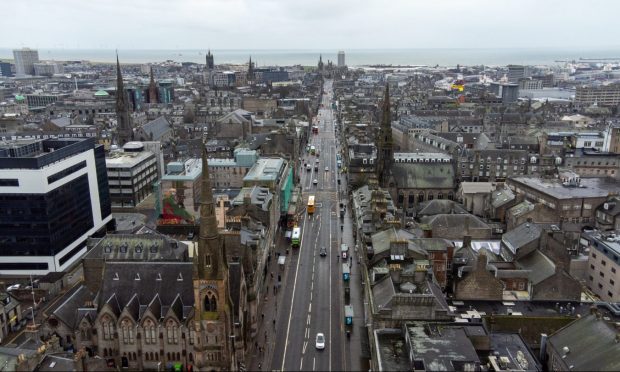
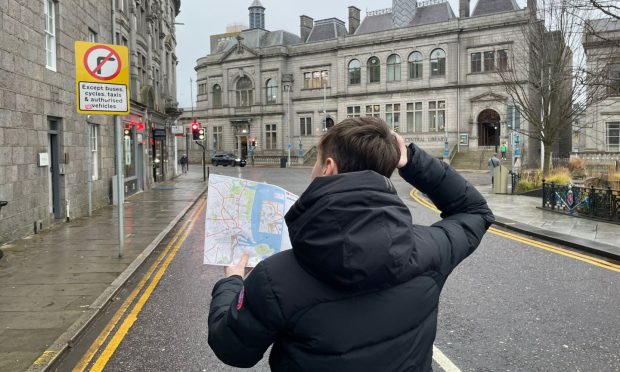
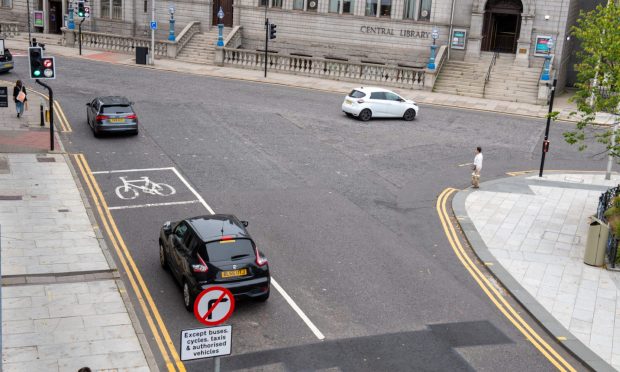
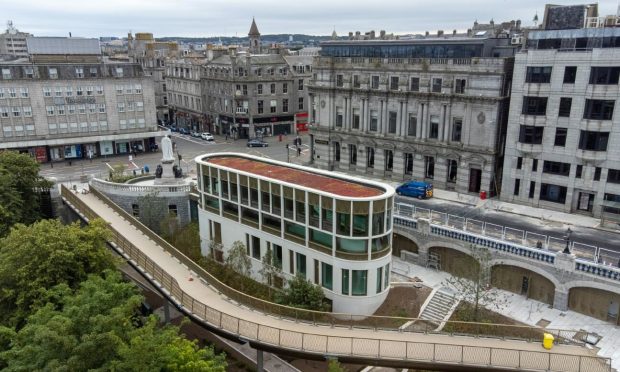
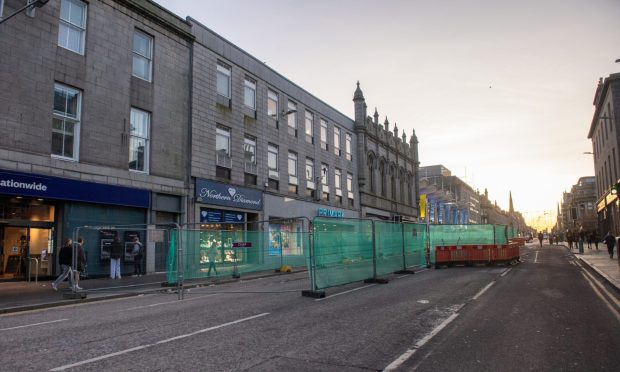

Conversation